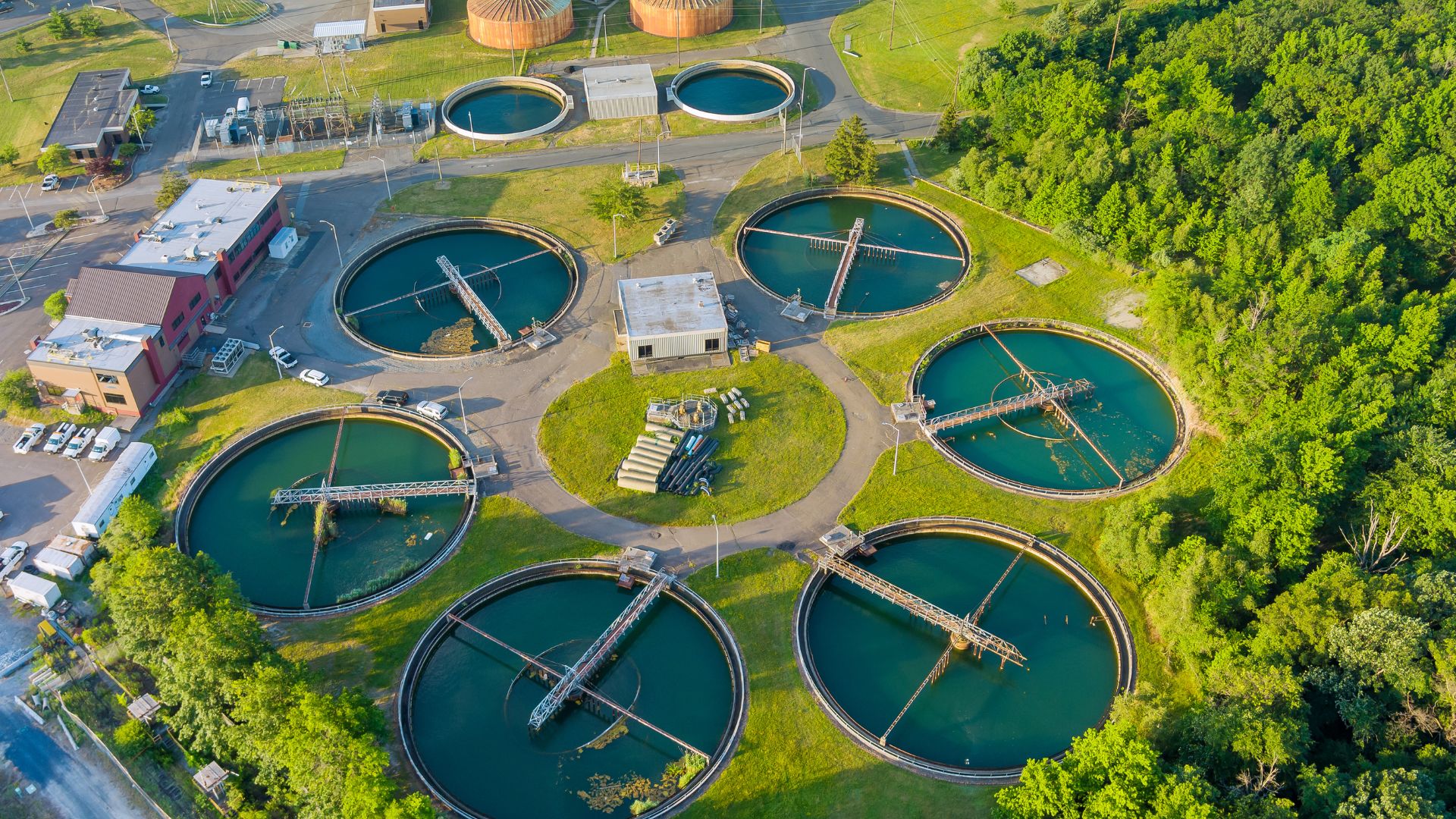
- 24 May 2023
Water, the natural resource that sustains human life and fuels social and economic progress, plays an indispensable role in driving energy consumption and fostering sustainable development, healthy living, and food production. As our global population continues to grow, so too will the demand for water, which will pose a number of challenges for sustainable development initiatives. Smart cities and water management, both two intricately connected concepts, have the potential to revolutionise the sustainability, efficiency, and quality of water resources in urban areas.
Innovation by SMEs proves that smart cities and water management are able to work hand in hand. SMEs can use technology and data-driven approaches to address urban challenges in different countries including water management. Cities can utilise innovative solutions to optimise the use of water resources, minimise waste, and enhance overall water management practices. Through the integration of digital technologies, smart cities can achieve greater efficiency, effectiveness, and sustainability in water-related processes.
Innovation and technology can be well leveraged to enhance water management in urban areas. This includes the use of sensor networks, Internet of Things (IoT) devices, and data analytics to monitor and manage water infrastructure. These technologies enable real-time monitoring of water quality, leak detection, and efficient water distribution. By analysing the collected data, smart cities can make informed decisions to improve water resource planning and allocation.
The adoption of smart water management practices also contributes to the overall sustainability goals of smart cities. Smart cities advocates for the integration of water recycling, rainwater harvesting, and green infrastructure solutions into urban planning. These initiatives help reduce the reliance on freshwater sources, minimise the environmental impact of water consumption, and enhance the resilience of cities to water-related challenges.
In Europe, for example, many smart cities have adopted smart water management systems and strategies, including:
- Smart City Water, Barcelona, Spain: optimises water usage and reduces wastage. The system uses sensors and real-time data to monitor water consumption, detect leaks, and manage irrigation systems more efficiently.
- Water as a Resource, Copenhagen, Denmark: improves water management and reduces water loss. The system utilises sensors and data analytics to monitor water quality, detect leaks, and optimise water distribution.
- Smart Water Vienna, Austria: optimises water supply and distribution. The system uses sensors, satellite data, and predictive analytics to monitor water resources, improve water quality, and detect anomalies in the water distribution network.
- Sewer Viewer, Rotterdam, Netherlands: monitors and manages the sewer network more efficiently. The system uses sensors and real-time data to detect blockages and overflow events and optimise maintenance activities.
The Middle East and North Africa (MENA) region, has their own smart water management strategies that leverage sophisticated technology to enhance water conservation and efficiency:
- Masdar City, Abu Dhabi, United Arab Emirates: a sustainable urban development project that incorporates various smart water management technologies. The city utilises advanced water monitoring systems, such as smart meters and sensors, to track water consumption in real-time and identify leakages or inefficiencies. Additionally, the city implements innovative water recycling and desalination technologies to reduce reliance on freshwater sources.
- WaterSmart, Jordan: an initiative that employs smart water meters and a cloud-based platform to monitor water consumption in real-time. The system provides consumers with information on their water usage patterns, helping them make more informed decisions and conserve water at the same time. It also enables the utility company to detect leakages quickly and improve overall water management.
- WaterWise, Egypt: an initiative that focuses on efficient water management in agricultural practices. It utilises satellite imagery and remote sensing technologies to monitor crop water requirements and optimise irrigation. By providing farmers with data-driven insights, the system helps reduce water wastage and increase agricultural productivity.
Around the world, more and more cities are embarking on safer, more reliable practices to pave the way towards efficient, sustainable cities in an effort to preserve our planet’s most vital resource. In alignment with sustainable water management objectives, the smart cities concept can harness the power of technology, data, and citizen engagement, to address the growing challenges associated with water resources in urban areas.
